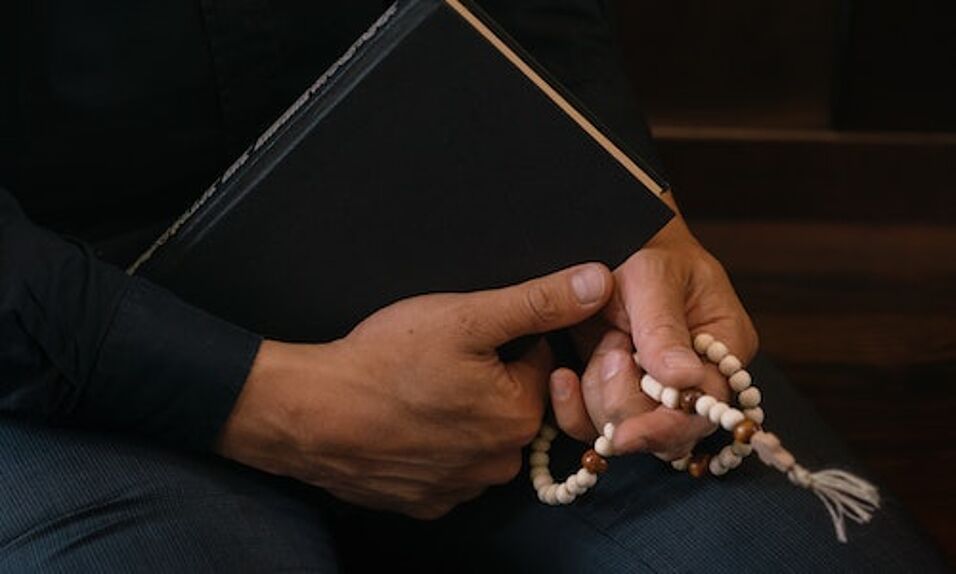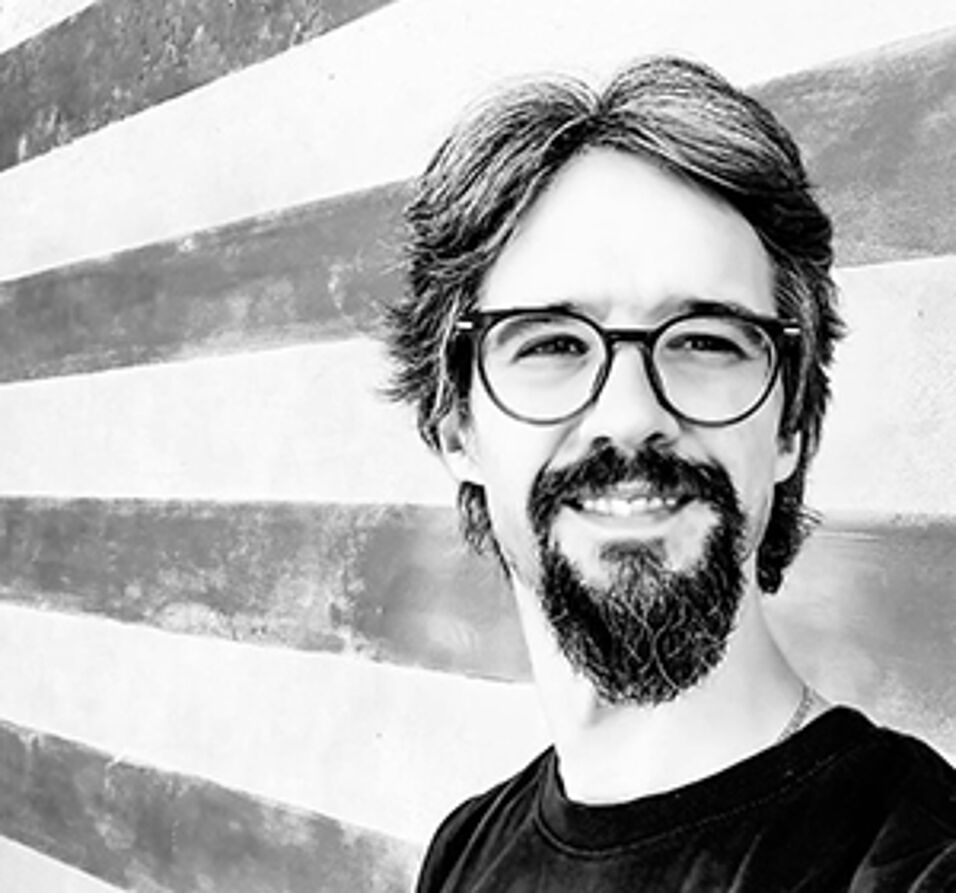Article by Adriana Sofia Palloks (✉ adriana.palloks@univie.ac.at)
From Donald Trump in the U.S. to the FPÖ in Austria – Western right-wing populism is characterized, among other things, by a conspicuous display of religious symbols. Researchers from the Universities of Vienna and Perugia investigated the influence of such stagings on public debates. The study focuses on the Facebook debate on the election campaign communication of Matteo Salvini, the leader of the right-wing party Lega. For the analysis the researchers picked Facebook posts that mentioned Salvini and at least one religious keyword, and that had been published in the period of the 2018 and 2019 parliamentary and European elections. This resulted in a pool of approximately 2,200 Facebook posts that were analyzed using a mix of quantitative and qualitative methods.
On February 24, 2018, the traditional rally of the Lega party was held in Milan, during which party leader Matteo Salvini, with the Gospel in one hand and the Constitution in the other, swore to the audience: "To serve you with honesty and courage and to apply the Italian Constitution, respecting the teachings contained in this sacred Gospel. Do you swear with me? I swear to it." On May 18, 2019, he preached publicly in a similar manner with a rosary in his hand. These appearances coincided with Italy's parliamentary elections (2018) and European elections (2019). This expressive use of religious symbols is unprecedented in Italy and has been sharply criticized by the Catholic Church.
Communication scientist and study co-author Nicola Righetti from the University of Vienna and his colleagues from the University of Perugia observe the current phenomenon "in which many right-wing populist leaders make free show of symbols and religious references in their communication". It is particularly important to trace the effect of such communicative displays on public discourse. In their study, the researchers focused on the impact of Salvini's populist communication – specifically, his staging of the Christian religion – on public debates.
Populism shortly explained
"Populism" has become an indispensable buzzword in current political debates. It is a form of rhetoric that can be identified by three communicative characteristics: (1) the advocacy of the people (populists portray the people as a homogeneous group), (2) the attack on the elite, and (3) the verbal demarcation from the "others" (specific population groups such as refugees or Muslims).
In Western countries, the tendency of right-wing populist parties to instrumentalize and mediatize religious symbols is becoming increasingly widespread. Considering this, researchers have linked the aspect of religion to the three pillars of populist communication: populists view religion (1) as a source of identity (homogeneous value system), (2) in opposition to many interpretations and actions of the established churches (anti-elitism), and (3) in opposition to Islam (the "others").
The data analysis included more than 2,000 Facebook posts
So how did the researchers go about capturing and analyzing the public's reaction to Matteo Salvini's appearances? They focused on the social network Facebook since it is the most used social platform in Italy and Salvini uses it very actively to get in touch with his followers. They captured 2,196 Facebook posts that mentioned Salvini and at least one religion-related keyword and were published in the six months leading up to the general elections (2018) and European elections (2019). The research aimed to answer two overarching questions: on the one hand, it explored the level of engagement or response to religion-related Facebook posts that mentioned Salvini; on the other hand, it investigated which topics characterized the online debate.
Matteo Salvini's appearances generated high attention among Facebook users
His religion-based appearances did not go unnoticed: out of all Facebook posts that generally addressed the Lega party leader, 25% dealt with his religious campaign communication and evoked up to 30% of engagement. The number of posts as well as the level of engagement varied over the study period, with a peak around a week before the elections and especially in the days during and immediately after the election rallies, when Salvini addressed the crowd with a rosary in his hand. Researchers reasoned that the high digital attention was since populist rhetoric resembles the communication logic of social media, which allows populist messages to spread efficiently. In addition, the unprecedented and provocative character of his appearances favored the attention of the Italian public, which is not accustomed to such a staging of religious symbols in the context of political communication.
Beyond the high level of attention generated, the researchers were interested in the tendency of the Facebook discussions by dividing the Facebook posts into categories in order to identify core themes. In total, eight core themes were identified among the posts, with two streams dominating the debate: on the one hand, defense of the use of religious symbols in a political context, and on the other, criticism of the instrumentalization of religion for political purposes. In Italy, some argued, the presence of religious institutions in the public sphere is legitimate – such as the display of the crucifix in public buildings or Catholic religious education in state schools, etc. – so the interference of religion in sociopolitical debates is also justifiable. Others criticized Salvini for being a fake Christian since his political positioning (for example his anti-migration policies) is not compatible with the teachings of the Christian faith. Still other posts used Salvini's actions as a pretext for racist statements against Muslims (the "others") and warned of the "imminent Islamization of Europe", hence their support for the presence of Christian values. Attacking the elite, Pope Francis was condemned as he is supposedly closer to the "others" than to Catholics themselves. Finally, there were posts that mocked or satirized Salvini's communication.
The research team sums up its study with the following conclusion: "As emerged from the research, the discourse around religion perfectly falls within a broader populist strategy of identity claim. This relies on the typical pillars of populist rhetoric such as the opposition between us and 'others', who are typically those belonging to another cultural and religious universe, and a consistent attack on ruling elites, such as the Catholic Church. Our study also shows how, in the logic of polarization typical of online environments, the discussion sparked by this instrumentalization of religious references is however highly polarized on two opposite fronts, that is, 'for and against' the use of religious symbols and 'for and against' the leader of the Lega party himself, accused of being a 'fake' Christian. In the end, the analysis strongly supported the idea of a renewed relevance of religion in the public sphere while also confirming the empirical link between Christianity and national identity, particularly favored by the social media dissemination of political communication.


